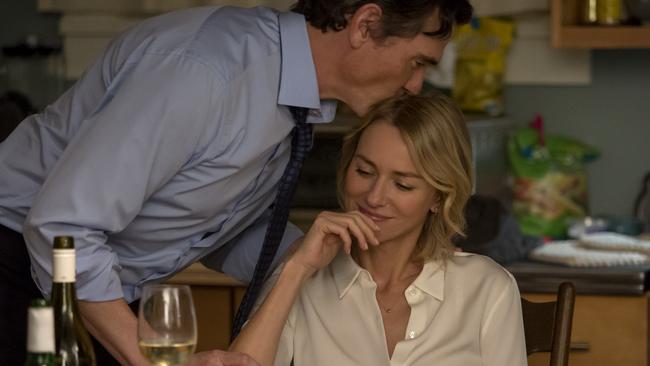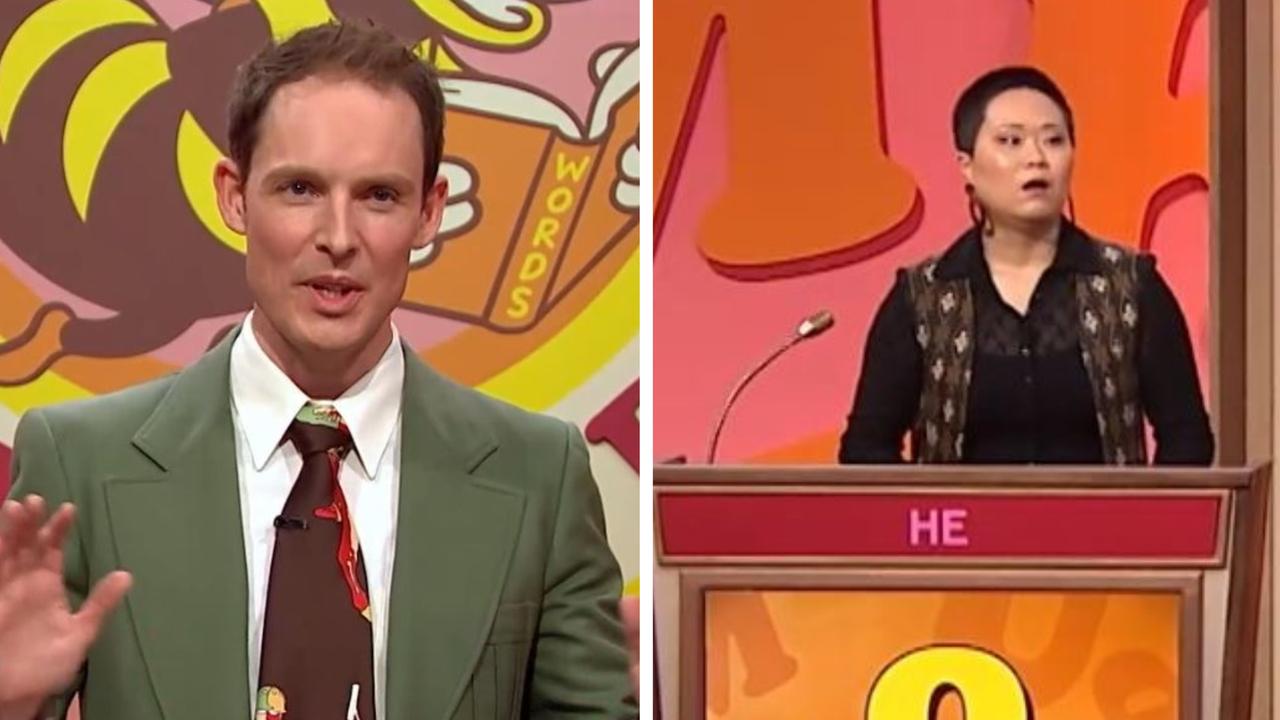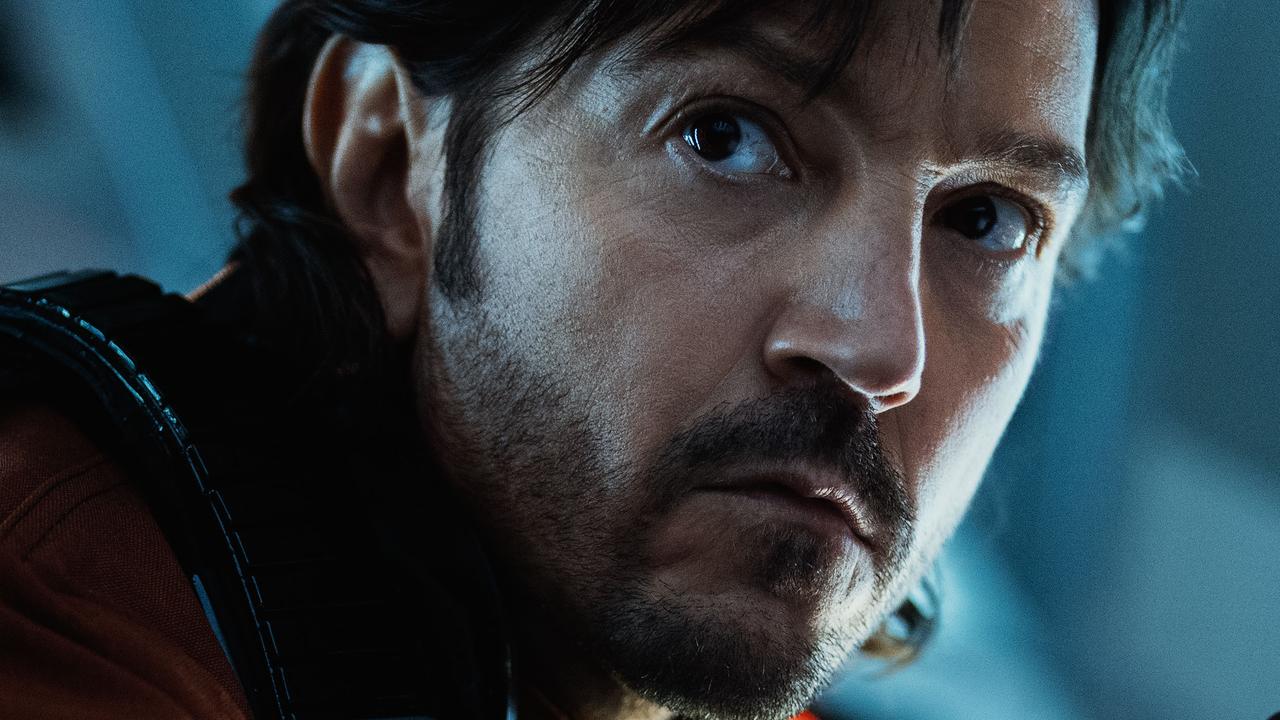Netflix’s Naomi Watts thriller Gypsy falls short
HAVING Naomi Watts attached lends Netflix’s new series, Gypsy, a lot of cache. But that doesn’t mean it can match her calibre.
THERE is no doubt that having Naomi Watts attached lends Netflix’s new series, Gypsy, a lot of cache.
But the psychological thriller doesn’t quite match its star’s calibre, at least not in the first half of its 10-episode first season.
Watts gives a subtle but potent performance as Jean, a Manhattan therapist who crosses professional and personal lines in her quest to indulge her fantasies. She tells us early on that desire and your unconscious are much more powerful forces than free will.
On the surface, she has a charmed life — a fulfilling career in an immaculately furnished office and a Connecticut home with an attentive husband (Billy Crudup) and clever young daughter. But as is often the case, scratch below the surface and there is a yearning for something more.
It’s not as simple as feeling trapped by suburban drudgery, Jean’s desires run on the dangerous side.
One of her patients, an emotionally suffocating mother of an adult daughter, has issues with maintaining boundaries. And just in case we didn’t get it, the camera pans down to show us Jean writing “boundaries” on her notepad and then circling it.

And boundaries is the watchword here — Jean’s willingness to cross the boundaries by becoming involved in her patients’ lives to a scary degree. The early focus is on Jean, as her alter-ego “Diane”, striking up a lesbian relationship with a younger woman, the alluring and free spirited Sidney (Sophie Cookson), an ex-girlfriend of one of her patients.
As “Diane”, Jean recaptures some part of herself she feels she lost along the way to becoming a responsible adult, not unlike the Fleetwood Mac “Gypsy” Stevie Nicks rerecorded for the show’s title credits. Watts compellingly muddies where Jean ends and “Diane” starts as the two personas blend.
As a character, Jean taps into the unspoken cravings we all have, the parts we suppress to put on a respectable face for the world. And Watts is an accomplished actor who can bring all that complexity to life. But her performance isn’t enough to sustain the whole series.
Within 90 minutes, you can tell that Gypsy is unnecessarily long and clumsily paced — it would probably have been more effective if it had been condensed to six or eight episodes rather than 10. It takes too long for the show to get moving.

Because of how slow it is, and with not much else to focus on, its problems are heightened. There are many dialogue-less sequences and the generic “ominously sexy” score starts to grate. Once the show settles in, the flaws become less obvious as you start to be drawn into the story but that’s not until, at least, the second half of episode three.
Sam Taylor-Johnson (Fifty Shades of Grey, Nowhere Boy) directed the first two episodes and established the tone and look, centred on a dreamscape aesthetic achieved by a very soft-focus lens, blurred at the edge of frames. But it’s heavy-handed and a case of style-over-substance. It’s also, thankfully, pared back once other directors take over on subsequent episodes.
Gypsy is, oddly, overstuffed and underwritten at the same time. There’s a “mummy politics” subplot which feels like an underserviced distraction, even though it’s a subject that so successfully underpinned something like Big Little Lies.
Gypsy should’ve been a richly textured thriller laced with an irresistible sexual energy but it falls short. It might pick it up in the second half but Watts’ luminous performance can’t disguise the fact that Gypsy is a little bit pedestrian.
Gypsy season one is available to stream on Netflix from 5pm AEST today.
Continue the conversation on Twitter with @wenleima.



